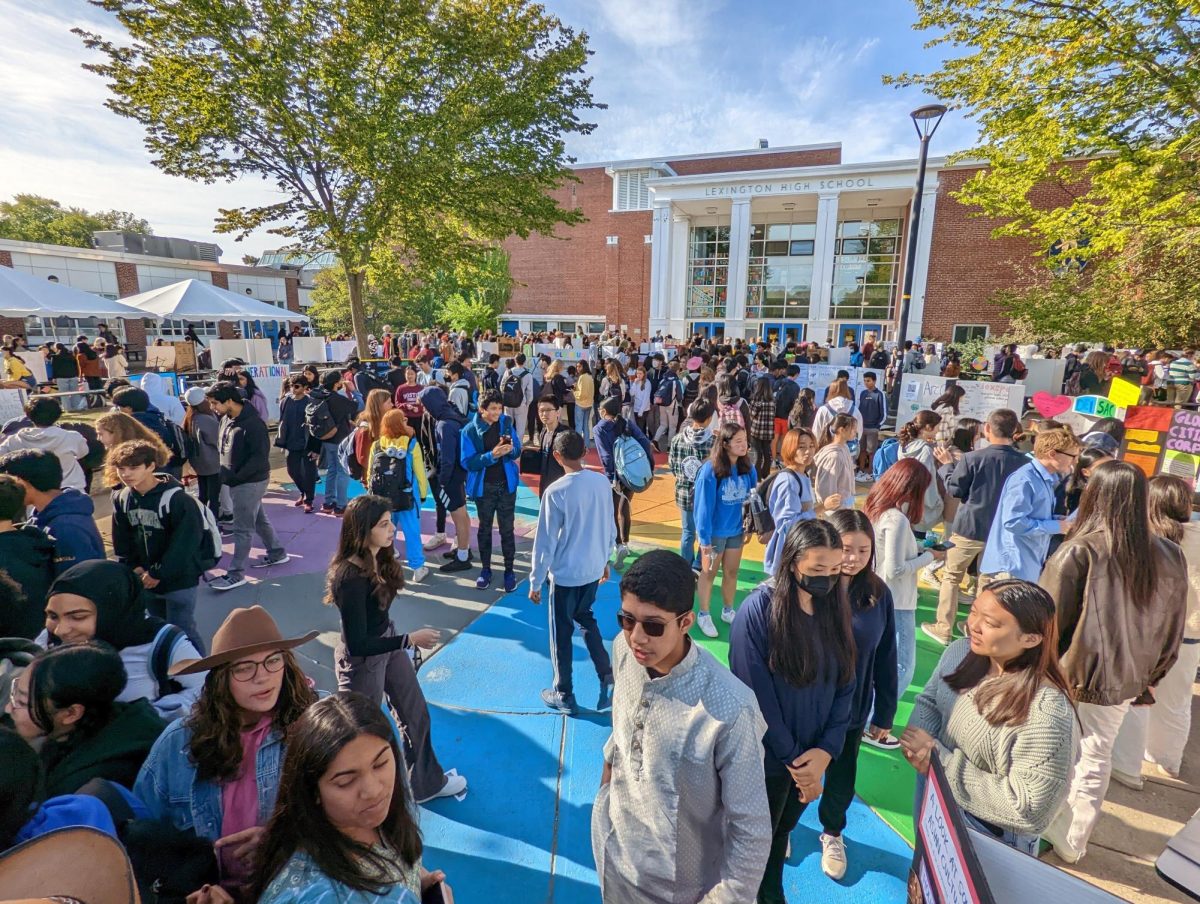Bright lights, the aroma of dumplings cooking in a boiling pot, and laughter: a typical Chinese celebration. For my family, the most important part of our dinners are the anecdotes shared over our meals. My grandfather’s favorite story to tell is about how at five years old, I would read his medical books every day just to look at diagrams of the human body.
This early childhood memory is what planted the seed for my love of medicine. You could feel the exuberance radiating from my body when I secured a shadowing position in China during the past summer. I followed surgeons up close, watching their every move, from making rounds to doing pre/post-operational evaluations, and most fascinatingly, their surgical procedures. It was almost an astral projection; I could imagine myself in their shoes, saving lives on a daily basis and making an honorable income.
The thing is, being a master surgeon is not all glory, and I did not understand the emotional challenges that came with it until witnessing my first surgical case study: a patient with gastric cancer. A 43-year-old man who should have been in his prime years lay still on a white surgical bed that greatly contrasted his waxy, yellowish skin.
My understanding of surgery had always been systematic and procedural. There had never been a time when I questioned the fragility of human life. This man was getting surgery not to save his life but to take away the pain that would come towards the end of it. Surgeons understand this, and they have to accept that this is all they can do to help the patient. They don’t bask in the victory of life-saving; they suffer through grief, failure, and severe emotional trauma.
We make decisions at every turn in life. For students at Lexington High School, the biggest decision that we have to make during our high school careers is about our future occupation. But how are we, as young adolescents, meant to invest all of our time in a single field that we have little contact with?
I would never wish for anybody to experience the shock that I did on my first surgery, yet be locked down to that career path. Unfortunately, students do have to choose blindly what they want to do for the rest of their lives. Our school does not supply students with enough opportunities to guarantee that we pick something we are truly passionate about. There is a scarcity of outreach experiences, real-world situations, and job opportunities that we can access through LHS.
I am lucky to have the experience of working in a real-life work environment, shadowing a surgeon to understand the possible drawbacks of my own career choice. Despite its definite challenges, I still want to become a neurosurgeon.
Doctors are not superheroes; they are not capable of reviving people from the brink of death, but they try their very best to provide care and solace to each patient. I think that this attitude is why I want to continue with my passion for surgery—to try despite knowing I might fail.
You are still in your high school years. Carefully consider all your career options—and think beyond their pay grade, honor, and prestige.

